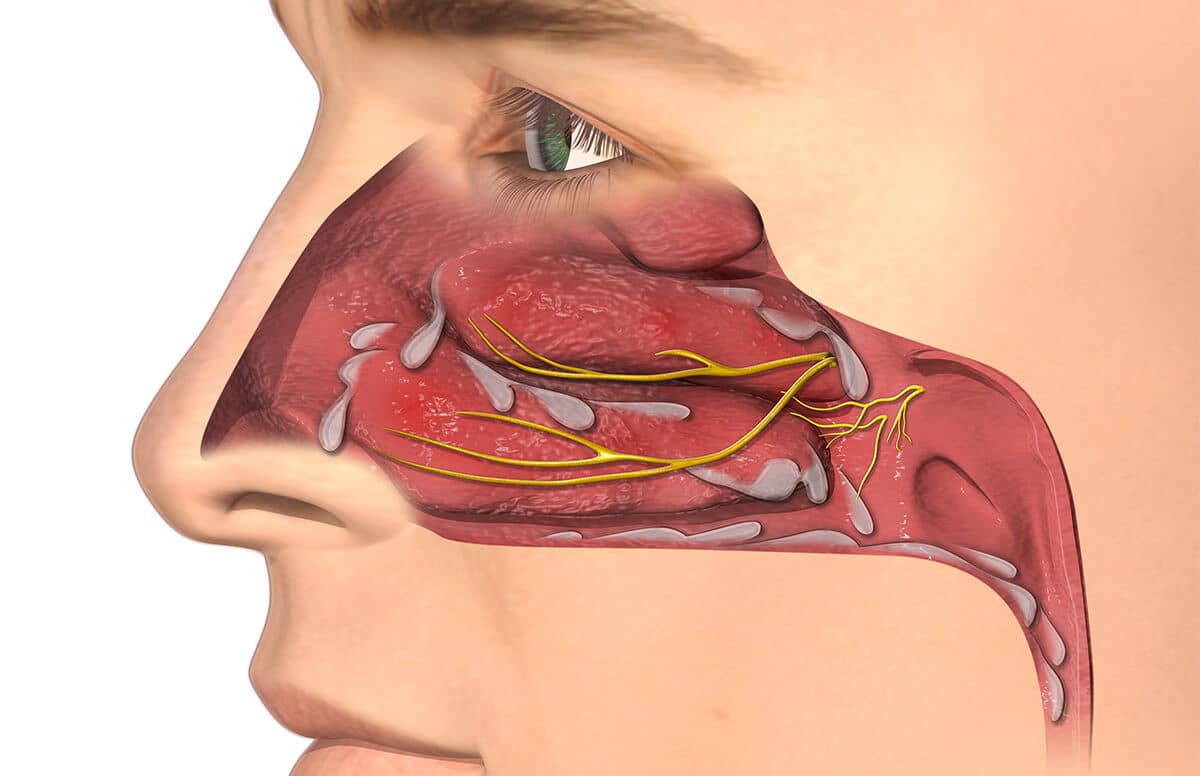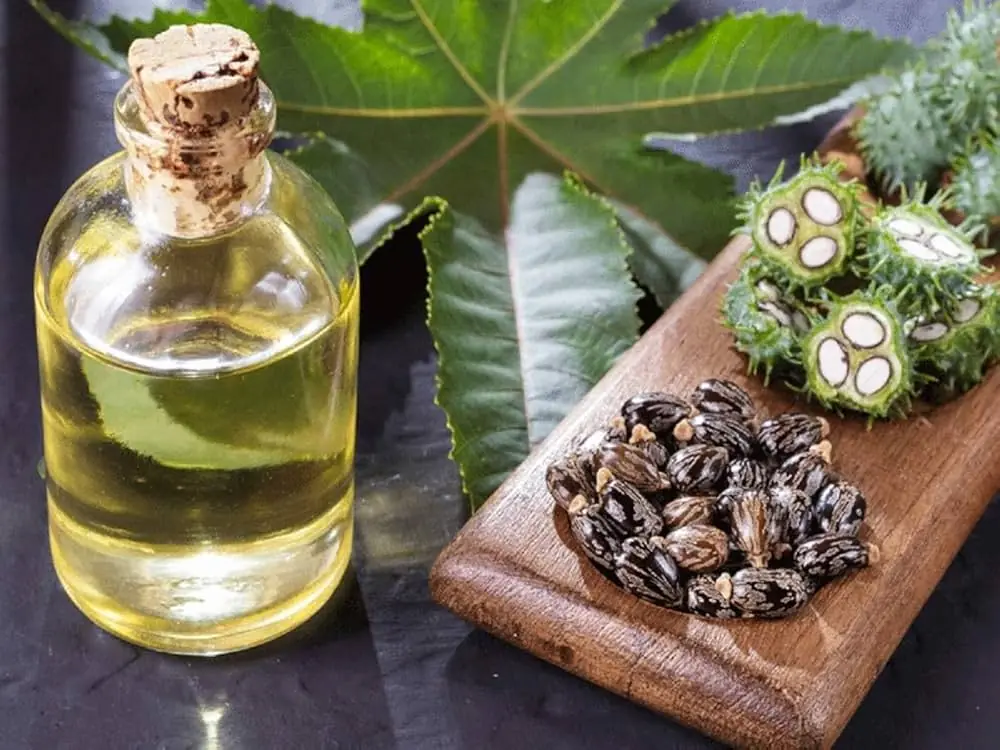Home Remedies for Blocked and Stuffy Nose
Nasal congestion usually resolves on its own within a week or so. However, while it lasts, it can significantly disrupt your daily life. The inability to breathe normally is frustrating, and being sleep-deprived with a blocked nose makes you crave anything that can provide relief. Additionally, a blocked or stuffy nose can affect ear pressure, leading to popping, clicking, or crackling sounds, and even a sore throat. The sensation of fullness in the ears can be disturbing, sometimes feeling like there's water in your ears.
While numerous over-the-counter medications are available, you might consider trying some powerful home remedies first. Your kitchen cupboard often holds natural solutions that can offer relief. By combining these with certain health practices and routines, you could breathe and feel much better, much faster.

Best Home Remedies for a Blocked or Stuffy Nose
-
Eat Garlic Galore Is there anything garlic can't do? Make sure you always have it stocked and use it both for prevention and as a potent home remedy. Yes, it might give you a distinct odor, but that's a small price to pay for its benefits (unless you have a very important social meeting!). Eat crushed garlic raw or mix it into dishes. Garlic has numerous other health benefits.
Tip: If you're concerned about garlic breath, try eating an apple or drinking a cup of green tea, which scientists have found can help neutralize garlic's potent sulfides. Chewing parsley or drinking lemon juice can also help neutralize the smell of crushed garlic, or a glass of milk can reduce the strength of bad-smelling substances in your breath.
-
Use a Humidifier Humidifiers convert water into moisture, increasing the humidity in your room, which helps to thin mucus. They are particularly useful at night, creating an environment that makes breathing easier. Both cool-mist and warm-mist humidifiers are considered equally effective. Just ensure you keep your machine clean to prevent the growth of potentially harmful bacteria and molds. Always follow the manufacturer’s instructions for hygiene.
Tip: If you don’t have a humidifier, you can hang a wet towel or place it over a heater to increase bedroom humidity—a free technique.
-
Irrigate with Saline Solution Using a Neti Pot Irrigating your blocked nose with a mixture of water and salt can make a real difference. Neti pots can be used daily, and research has shown them to be more effective than nasal saline sprays.
-
Mix 1/2 – 1 teaspoon of salt in 2 cups of warm water.
-
Crucially, use previously boiled water to prepare the solution; do not use tap water.
-
Pour the solution into your neti pot.
-
Insert the spout into one nostril and tilt your head so the saline solution irrigates the passages and exits through the other nostril.
-
Repeat on the other side.
Tip: If you don’t have a neti pot, use a dropper or a special nasal irrigation bottle instead.
-
Drink Apple Cider Vinegar (ACV) ACV is an excellent remedy for a stuffy nose as it helps thin mucus. Use the following recipe:
-
Mix one tablespoon of ACV into a cup of warm water.
-
Add a teaspoon of raw honey.
-
Drink this solution two to three times daily, ideally on an empty stomach. (ACV with honey offers many other health benefits).
-
Steam Inhalation Steaming is one of the best ways to reduce congestion and clear your nasal passages. Take a steamy, hot shower, a pampering bath, or inhale steam over a pot of hot water for significant relief. Adding a few drops of eucalyptus essential oil can enhance the healing effect of your steaming. (Other essential oils can also be used for sinus relief).
Tip: Pour a few drops of eucalyptus essential oil on your pillow and inhale the oil while you sleep.
-
Stay Hydrated When you're unwell, maintaining adequate fluid intake is crucial. Staying hydrated helps cold and flu symptoms, such as nasal congestion, subside faster or appear in a milder form. Certain fluids are particularly beneficial:
-
Herbal Teas: Use herbs like chamomile, thyme, peppermint, or rosemary to increase your fluid intake while simultaneously fighting congestion. Basil is another great herb to consider; put some basil leaves in hot water for a soothing beverage. Alternatively, chew 2 to 3 basil leaves before breakfast and before going to bed to experience its natural decongestant effects.
-
Chicken or Vegetable Soup: Drink these soups hot for their soothing effect.
-
Warm Water with Lemon/Lime and Raw Honey: This is an ultimate pick-me-up, providing a boost of Vitamin C. If your congestion is due to a cold, a good dose of Vitamin C can help. If it's allergy-related, Vitamin C may not make a significant difference, but it's always good for your immune system.
-
Fenugreek Tea: Boil some fenugreek seeds in water and drink the warm mixture 2 to 3 times daily.
-
Apply Hot Compress Placing a hot pack over your nose can offer some relief. While it doesn't directly reduce inflammation, it can make you feel better and help open your nasal passages. To make a hot pack, wet a washcloth, wring it out, heat it in a microwave for about a minute, then lay it across your face.
When to See a Doctor
If your nasal congestion doesn't improve after 7 to 10 days, it's advisable to visit a doctor. Longer-lasting nasal problems might indicate a bacterial infection that sometimes requires antibiotic treatment to prevent complications.




























